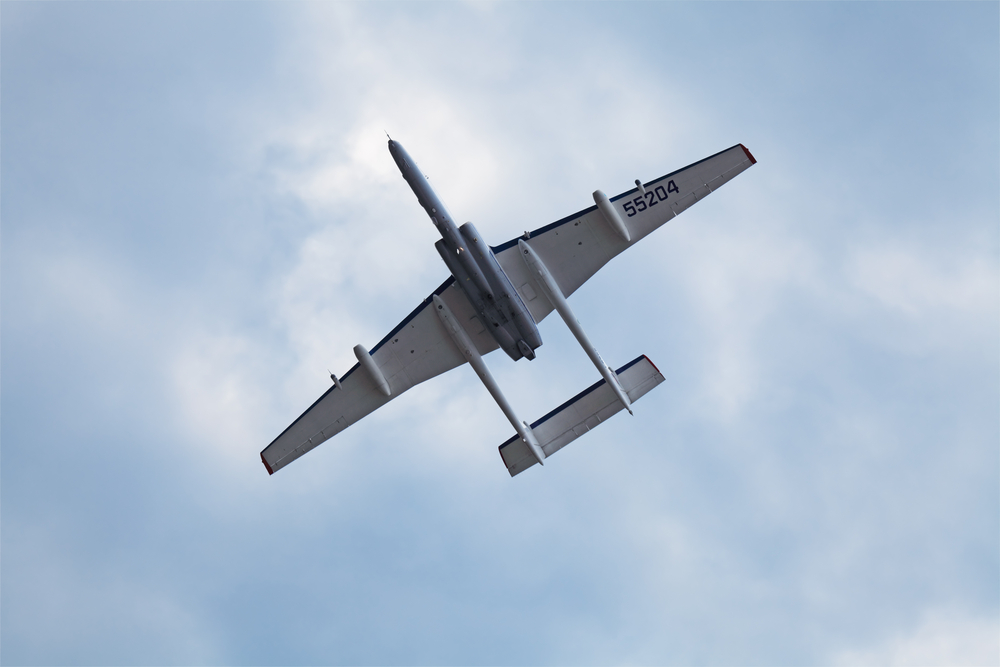The Il-20, originally a civilian aircraft modified for military use, is a key asset for Russian intelligence.
Others are reading now
F-16 fighter jets intercepted a Russian Ilyushin Il-20 reconnaissance aircraft over the Baltic Sea.
Valuable for Mapping Assets
According to Tech the incident highlights ongoing tensions in the region, where Russian military aircraft regularly conduct surveillance flights.
This interception is part of a broader pattern of NATO forces, including Polish and French jets, responding to Russian incursions near their airspace.
The Il-20, originally a civilian aircraft modified for military use, is a key asset for Russian intelligence.
Also read
Designed in the Soviet era, the Il-20 can carry out electronic and imagery reconnaissance missions. Its advanced systems allow it to detect and intercept communications, as well as gather detailed imagery of ground installations.
This makes it particularly valuable for locating and mapping NATO military assets, adding a layer of strategic importance to its missions near NATO borders.
Range of 400 Kilometers
The Polish F-16s, which were scrambled to intercept the Il-20, are equipped with state-of-the-art weaponry, including AGM-158 JASSM cruise missiles.
These missiles have a range of nearly 400 kilometers and are designed for precision strikes with reduced radar visibility.
The F-16s can reach speeds exceeding 2,100 km/h and operate at altitudes of over 15 kilometers, making them a formidable response to potential threats. Their interception of the Il-20 underscores NATO’s commitment to maintaining security in the Baltic region.
The Polish Operational Command emphasized the readiness of its pilots to protect national airspace.
“Every day, the pilots of the Polish Armed Forces stand ready to ensure the safety of our skies,” the command stated.
This interception is part of a broader strategy by NATO to secure its borders and deter Russian military activities in the region. The Baltic Sea remains a hotspot for military encounters, with both NATO and Russian forces keenly monitoring each other’s movements.


